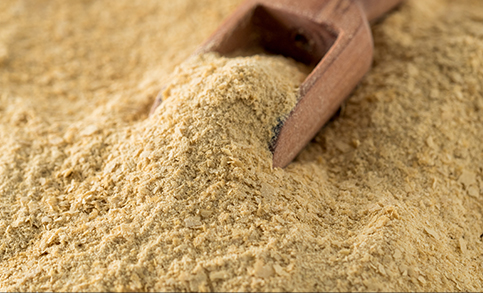Yeast, a raising agent for imparting special light texture to the bread, is made up of living cells with the ability to change sugar into alcohol and carbon dioxide. High temperature drying of yeast destroys the organism, the most critical requirement for quality yeast making. In addition, failing to control excess humidity in the yeast manufacturing area reduces the product quality.
Causes of Uncontrolled Humidity
The micro-organism which is prepared in the laboratory is the seed yeast. This is then passed into a clear mineral salt-sugar solution, used as the medium, where fermentation occurs. The temperature is kept constant for rapid growth to take place. The yeast cells are then separated from the fluid in which they have grown by a filter process.
The yeast cells are mixed with starch cells and pressed into large cakes. Fresh yeast can survive only for a few weeks at controlled temperature of 4°C (39°F). Hence, it needs to be stored in specially constructed cold stores. On the other hand, dry active yeast can be kept for two to three years without any loss of properties. Drying of yeast is an intricate process, requiring cold dry air to produce quality yeast without destroying the organism.
General Recommendations
The quality of air required for drying of yeast has to be controlled and moisture content kept between 10-14 grains/lb (1.6 gm/kg-2 gm/kg) or the dewpoint of air must be in the region of -11 to 7°C (12-19°F).
Bry-Air Solutions
Bry-Air dehumidifiers maintain these stringent conditions in the drying area of yeast manufacturing. The manufacture of yeast, as we have seen involves low temperature drying. Though elevated temperature ensures faster drying, it can spoil the product quality. Bry-Air dehumidifiers specialize in such applications. In conjunction with air-conditioning plants, very dry air at low temperatures can be supplied for the product drying applications since they are capable of maintaining RH as low as 1% or even lower at a constant level, regardless of ambient conditions.













